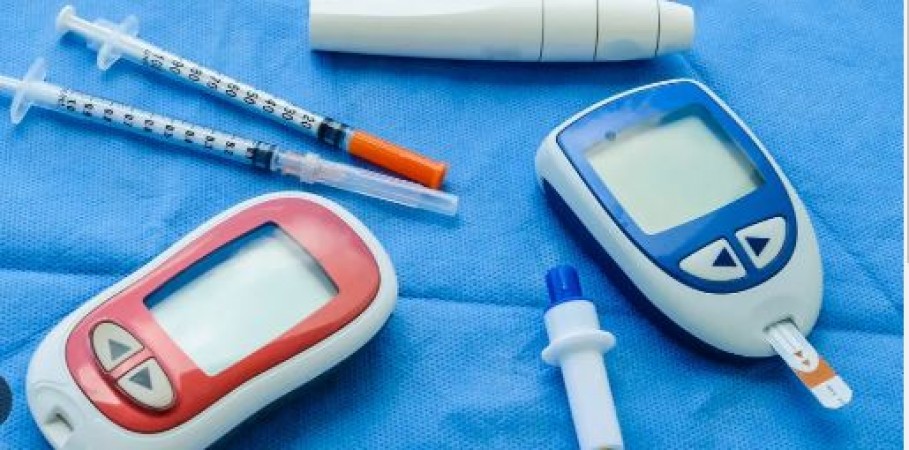
Travelling can be exhilarating, but for individuals managing diabetes, it requires extra planning and precautionary measures to ensure a smooth and safe experience. With insights from medical professionals, we delve into essential tips for diabetic patients to manage their condition effectively while on the go.
Understanding the Challenges of Travelling with Diabetes
Travelling introduces a myriad of challenges for diabetic individuals, including changes in meal schedules, time zone adjustments, limited access to medical care, and disruptions to routine exercise. These factors can significantly impact blood sugar levels and overall well-being.
Consultation with Healthcare Provider
Before embarking on a journey, it is imperative for diabetic patients to consult with their healthcare provider. Healthcare professionals can offer personalized advice, review medication regimens, provide necessary prescriptions, and address any concerns specific to the individual's health status.
Packing Essentials
Diabetic travellers should pack all necessary supplies in their carry-on luggage to ensure accessibility throughout the journey. This includes:
Medications and Supplies
Medical Identification
Wearing a medical identification bracelet or necklace is essential for diabetic individuals, especially when travelling alone. In the event of a medical emergency, this identification can provide vital information to healthcare professionals regarding the individual's condition and treatment needs.
Planning Meals and Snacks
Maintaining consistent meal patterns can be challenging while travelling, particularly during long flights or road trips. Diabetic travellers should:
Research Dining Options
Carry Snacks
Staying Active
Physical activity is integral to diabetes management, even while travelling. Incorporating exercise into the travel itinerary can help regulate blood sugar levels and promote overall well-being.
Sightseeing on Foot
Hotel Amenities
Hydration and Monitoring
Proper hydration is crucial for diabetic travellers to maintain optimal health and prevent complications. Additionally, regular monitoring of blood sugar levels is essential to detect and address any fluctuations promptly.
Carry Water
Monitor Blood Sugar
Managing Time Zone Changes
Travelling across different time zones can disrupt medication schedules and meal timings, necessitating adjustments to prevent blood sugar imbalances.
Resetting Medication Timings
Establishing Meal Routines
Emergency Preparedness
Despite meticulous planning, unforeseen circumstances may arise while travelling. Diabetic individuals should be prepared for emergencies by:
Carrying Emergency Supplies
Familiarizing with Local Healthcare Resources
Travelling with diabetes requires careful planning, preparation, and vigilance to ensure a safe and enjoyable experience. By following these expert tips, diabetic individuals can navigate their journeys with confidence, maintaining optimal health and well-being throughout their travels.
How Does Zinc Deficiency Cause Hair Loss? Magical Tips to Increase Zinc in Your Body
Snoring Disturbs Your Partner? Here’s How to Ensure a Peaceful Night's Sleep
How to Naturally increase Dopamine, your Feel-good hormone? 10 Tips